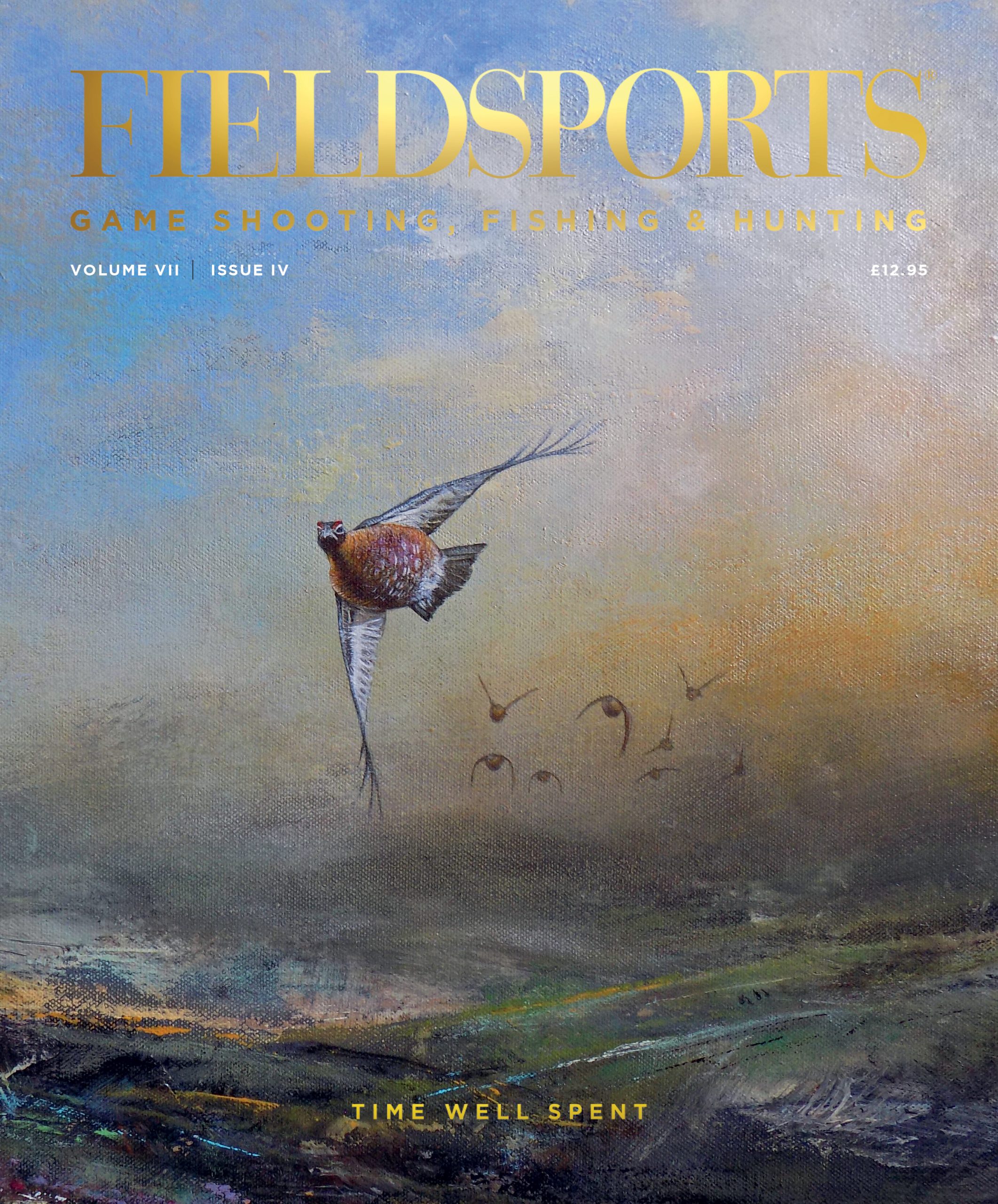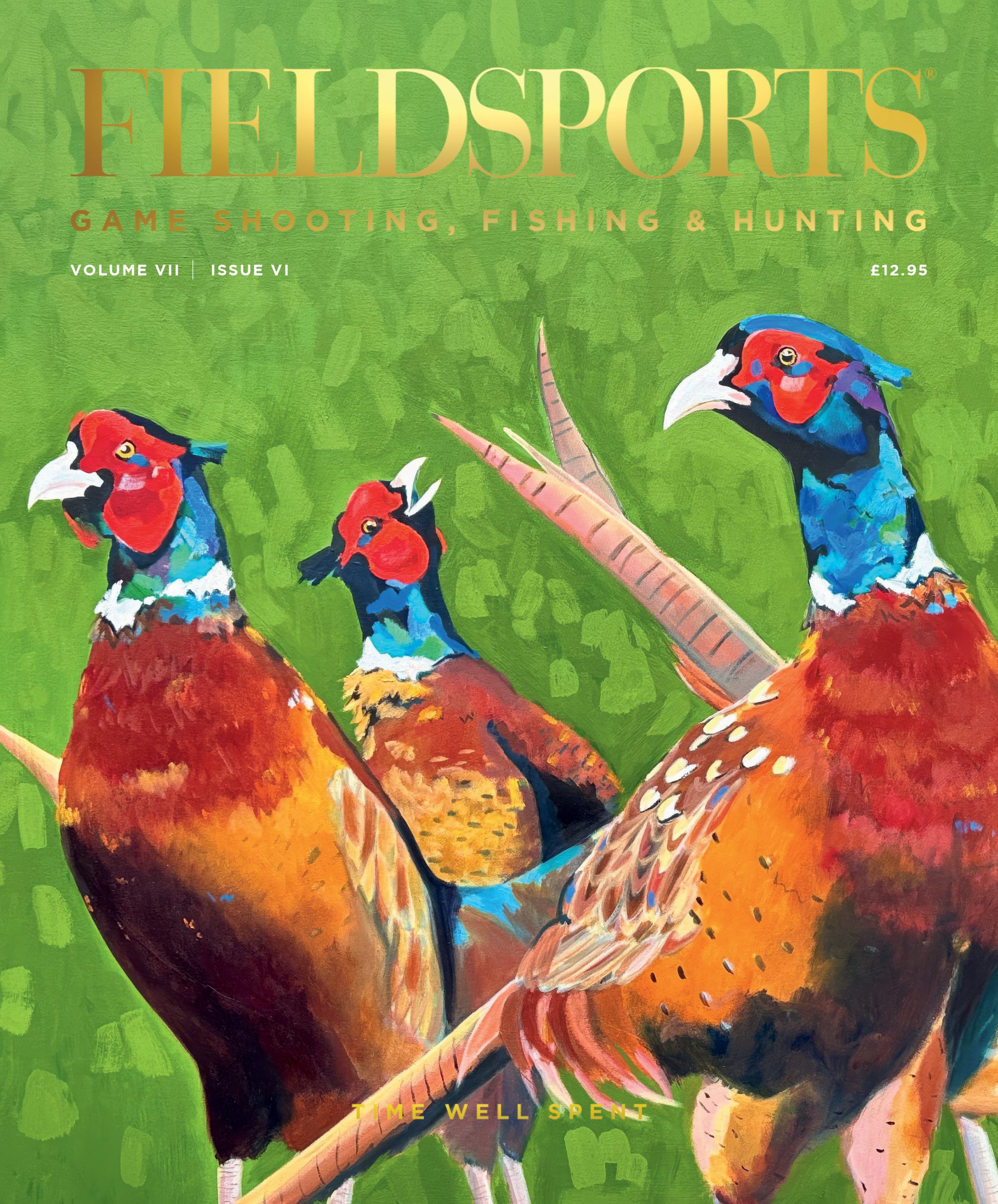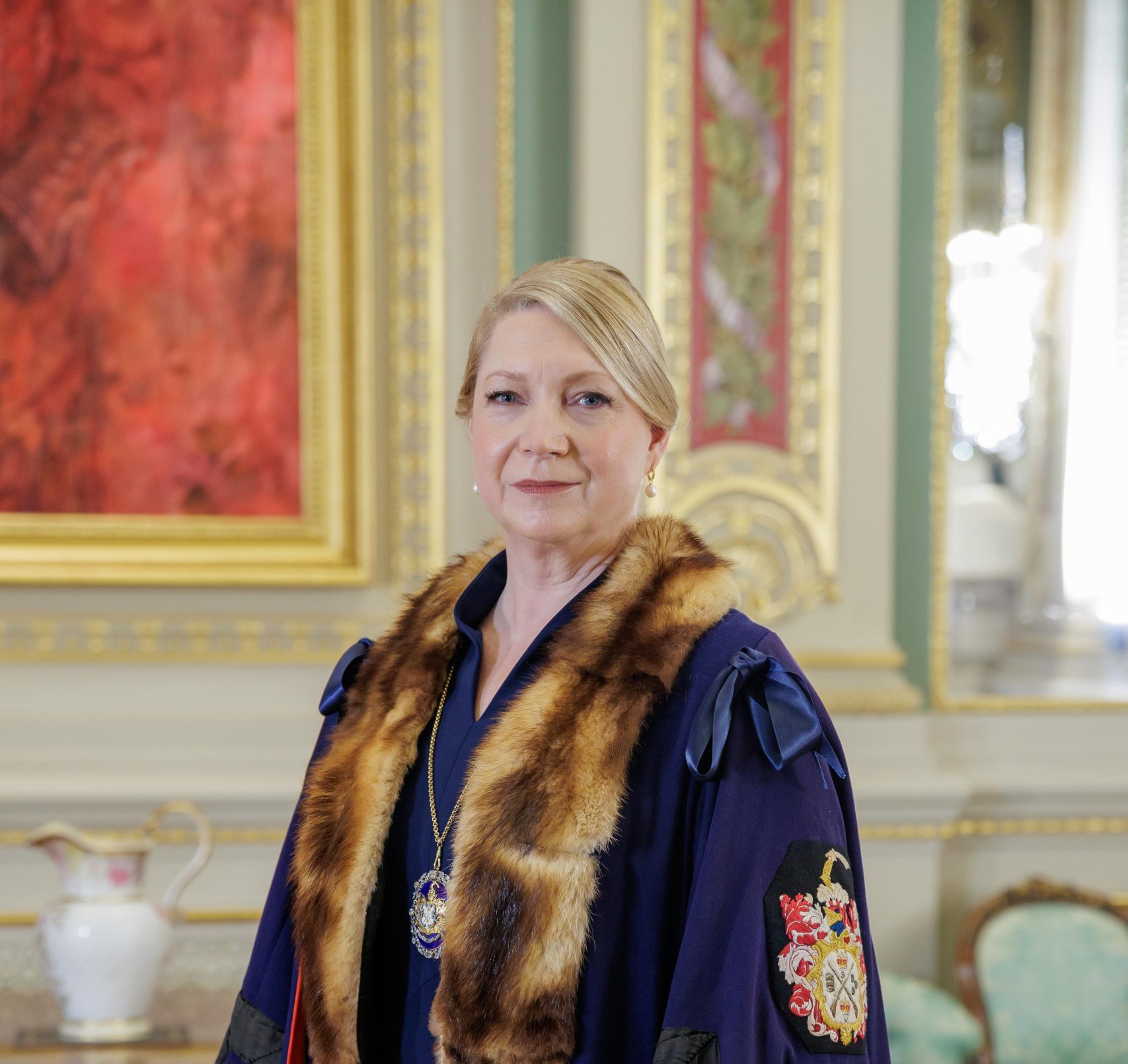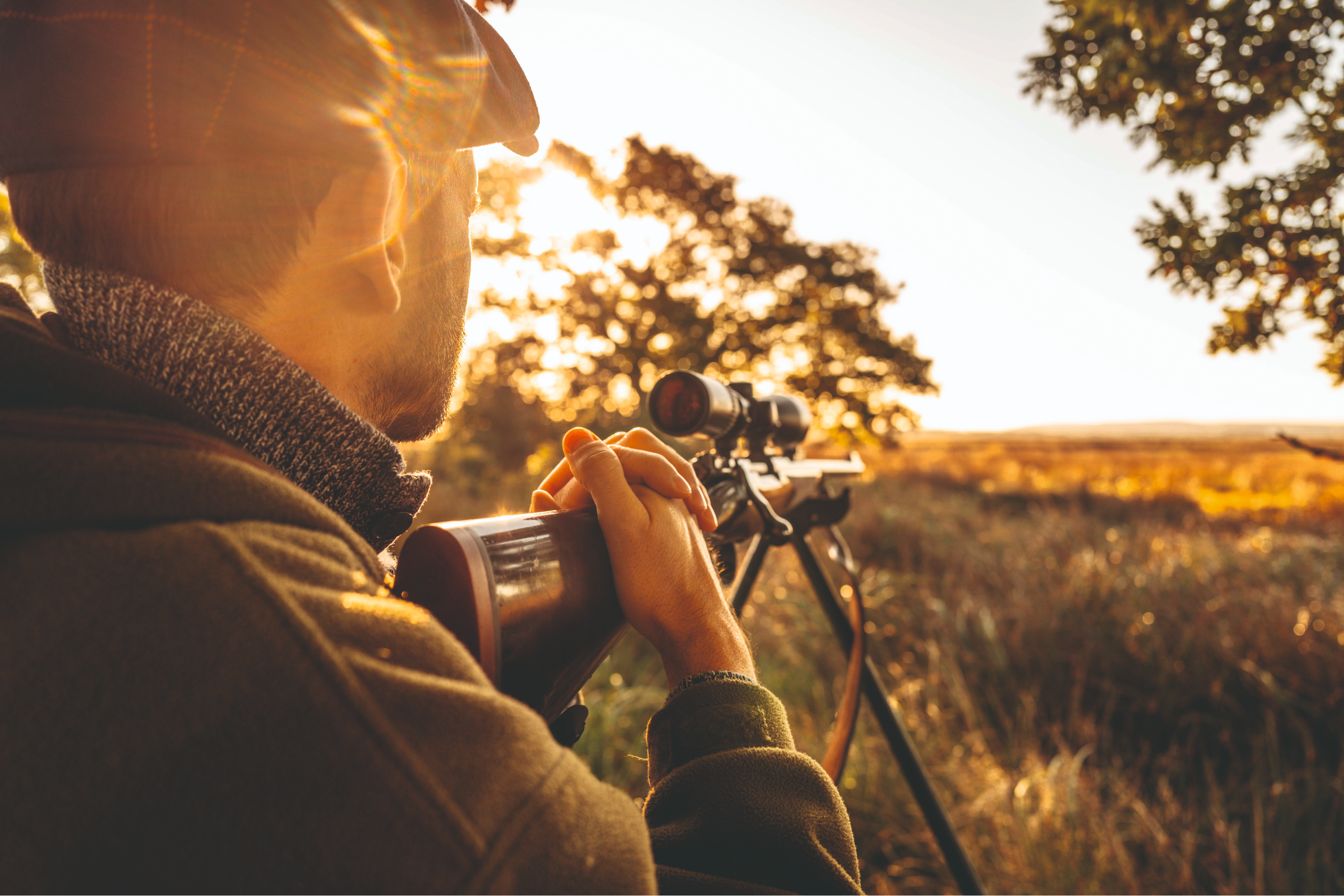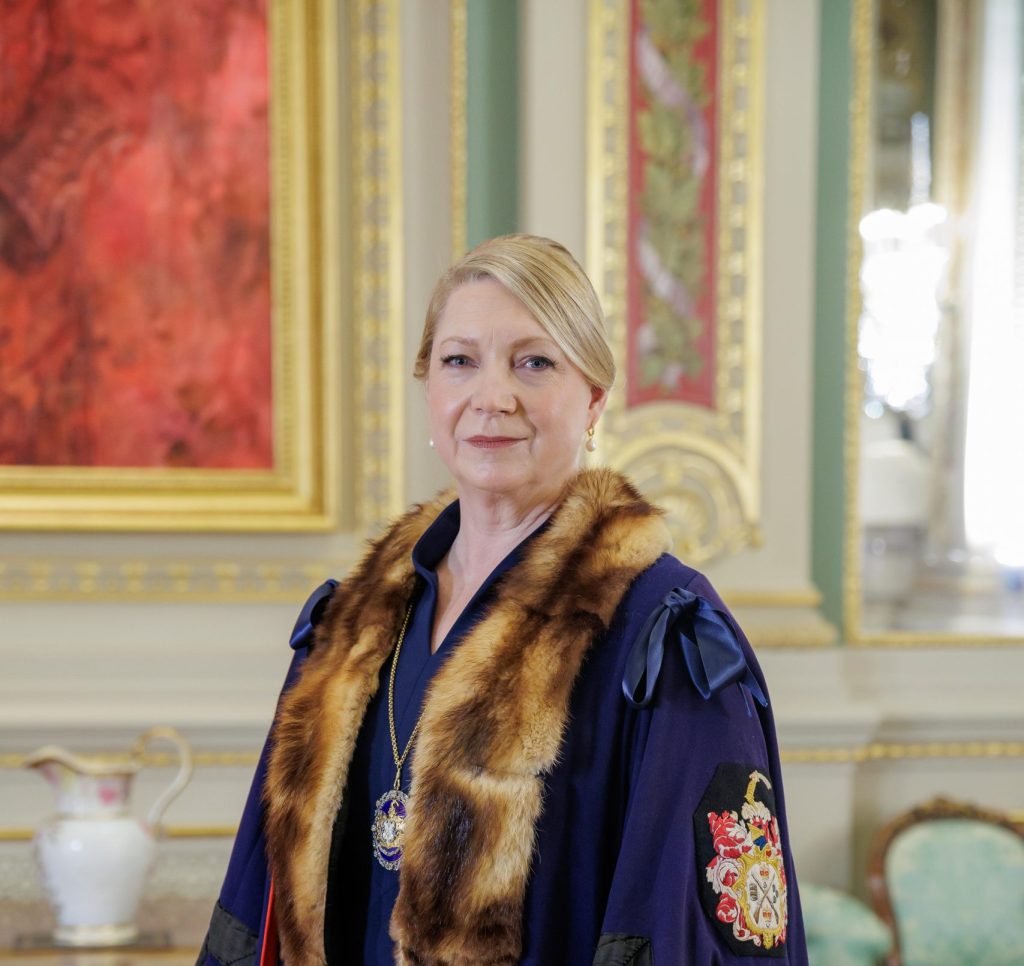- News
- Game shooting
- Fly fishing
- Big game
- Sporting art
- Guest editors
- Gear
- Competitions
- More
-
-
More
-
- No posts selected.
-
-
-
-
★ Win a Schöffel Country shooting coat for everyone in your syndicate worth up to £6,000! Enter here ★
Key scientific reports shine light on value of heather burning
Collated by the Uplands Partnership, the research on key issues including carbon storage, water quality, biodiversity and wildlife reveals that conclusions drawn from previous science are now out of date and should not be used as the basis for key political decisions on the management of peatland.
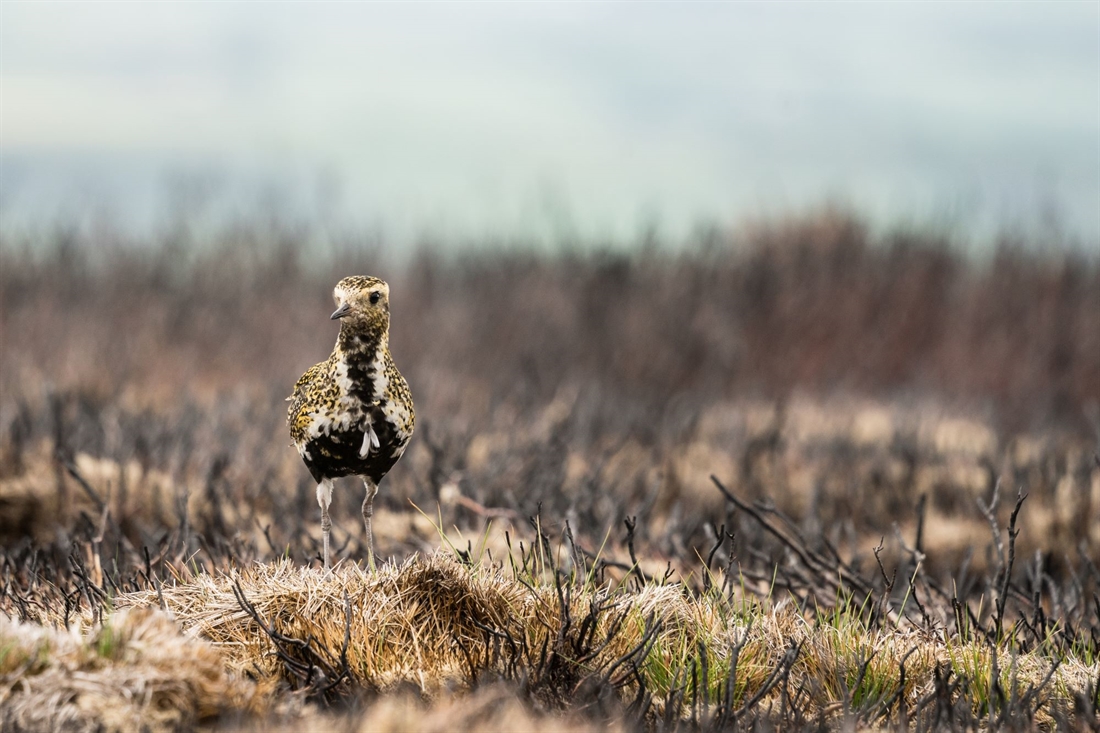
The dossier comprises of four reports from university researchers and scientists and focuses on the evidence surrounding the use of controlled burning to help restore, maintain and improve peatlands
Key findings include the fact that burned areas of blanket bog are capable of increased levels of carbon capture; production of charcoal during managed burning has a positive impact on long-term carbon storage and the ending of managed burning in the USA resulted in declines in bird life.
One of the contributors, Mark Ashby of Lancaster University and Whitebeam Ecology, concluded: “The debate around heather burning remains unresolved. The review ofthe latest evidence demonstrates that some previously held assumptions are now unsafe and should, therefore, not be used as the basis for policy. This newly reviewed scientific evidence should be taken into account when determining how best to protect peatland in the future.
“The increased threat and impact from severe wildfires must now also be taken into account in terms of mitigating damage to the structure and function of blanket bog.”
Dr Gavin Stewart, of Newcastle University, who peer-reviewed the latest analysis of scientific evidence on heather burning, added: “The evidence base underpinning decisions about heather burning is highly uncertain. These deficiencies are unlikely to be resolved by accumulation of more studies alone. A more coherent framework is required which could include integrated adaptive trial designs and monitoring the impacts of different types of management to provide more robust evidence to support decision-making. Policy makers should build in the need for this sort of evidence gathering.”
The six organisations which support the dossier are: The British Association of Shooting & Conservation, The Countryside Alliance, the CLA, the Moorland Association, National Gamekeepers’ Organisation. The Game & Wildlife Conservation Trust is an advisory body to the Uplands Partnership.
Related Articles
Get the latest news delivered direct to your door
Subscribe to Fieldsports Journal
Elevate your experience in the field with a subscription to Fieldsports Journal, the premium publication for passionate country sports enthusiasts. This bi-monthly journal delivers unparalleled coverage of game shooting, fishing and big game across the UK and beyond.
Each issue offers a stunning collection of in-depth features, expert opinions and world-class photography, all presented in a timeless yet contemporary design.
Save 10% on shop price when you subscribe, with a choice of packages that work for you. Choose from Print & Digital or Digital only with each journal delivered directly to your door or via the app every other month, plus access to past issues with the digital back issue library.
